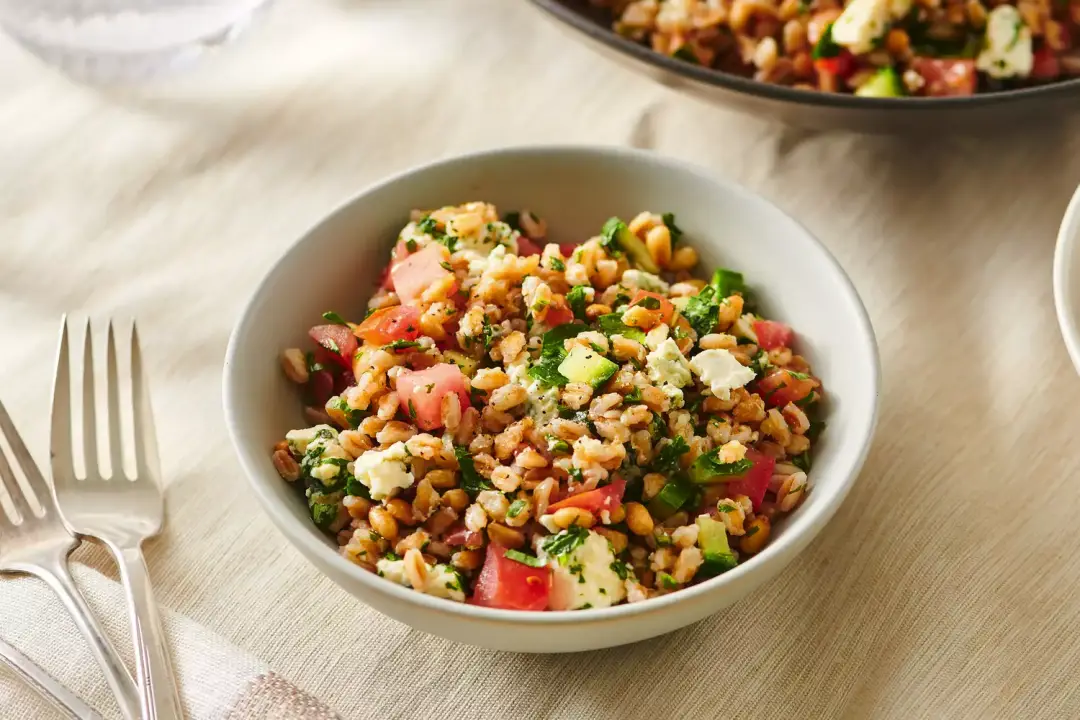Carbohydrates are often questioned when it comes to healthy eating. While the consumption of highly processed foods, which contain carbohydrates, should be minimized, there is a common misconception that all carbohydrates are bad for our health.
However, not all carbohydrates are the same. Simple carbohydrates (think refined grains and added sugar, i.e. candy, donuts, baked goods, ice cream, and soda) can be detrimental to our health; however, complex carbohydrates (think whole grains, legumes, fruits and vegetables) contain fiber, vitamins and minerals that support healthy aging, help maintain a healthy weight, and can reduce the risk of developing diet-related diseases.
Part 2: Whole Grains
Whole Grains:
Eat a variety of whole grains and limit refined grains. Whole grains provide more protein, fat, and complex carbohydrates compared to their refined counterparts. In doing so, they provide our bodies with essential nutrients that support metabolism and energy production, immune function, bone health, and neurodevelopment, among other processes. Below is a table linking some of the key nutrients in whole grains and their (non-exclusive) health roles. In contrast, refined grains are whole grains that have been broken down into simple sugars and are generally used to make foods packed with additional sugar and salt (e.g., crackers, cookies, white bread and pasta, etc.).
| Nutrients found in whole grains | Role(s) in Health |
| Iron, Folate/Folic Acid | Hemoglobin development and preventing anemia |
| Folate/Folic Acid, Thiamin (Vitamin B1), Riboflavin (Vitamin B2), Niacin (Vitamin B3), Phosphorous | Metabolism and energy production, DNA synthesis |
| Zinc, Copper, Selenium, Vitamin E | Antioxidant and immune functions |
| Essential healthy fats | Cell membrane structure (critical for cell function) |
| Magnesium, Manganese | Nerve transmission and central nervous system function |
Examples of whole grains include quinoa, barley, farro, bulgur, black rice, brown rice and oats. Try this farro salad recipe!
Stay tuned for future blogs about how protein, fat, dairy and beverages fit into a healthy, balanced dietary pattern
